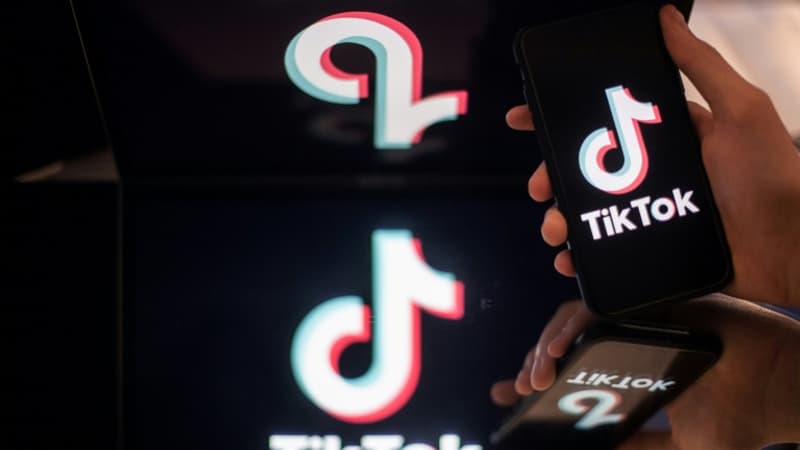Belgian Prime Minister Alexander De Croo announced a six-month ban on the use of the TikTok app on functional phones provided by the federal state on Friday, citing a risk of misappropriation of sensitive data for the benefit of China.
In recent weeks, following in the footsteps of the US federal authorities, the European Commission and the European Parliament have already banned TikTok on the devices of their employees, as has the Danish parliament.
“Disappointed with this suspension”
The ban announced by Mr. De Croo concerns browsing the video platform with a professional smartphone or tablet by public officials, cabinet members or ministers of the Belgian federal state, but not the use on their personal devices . If these personal devices are used for professional purposes, it is “recommended (…) not to install the application,” the press release specifies.
“Les données des utilisateurs de TikTok sont hébergées aux États-Unis et à Singapour, et non en China (…) Le gouvernement chinois ne peut pas obliger un autre pays souverain à fournir des données conserved sur son territoire”, a fait valoir a spokesman.
Eager to reassure European authorities, TikTok announced on Wednesday that its users’ data in Europe would be stored from this year in three centers, two in Ireland and one in Norway.
A “particularly problematic” situation
The ban decided on Friday by the Belgian government will last for six months and will then be “re-evaluated”. It was decided based on an analysis prepared jointly by the National Cybersecurity Center (CCB) and State Security (civil intelligence) that assesses the risks of espionage.
Flanders, the country’s most populous region (the Dutch-speaking north), had already made a similar decision on Thursday, followed by the Brussels-Capital region on Friday. Last week, Belgian Defense Minister Ludivine Dedonder, who uses TikTok for her political communication, claimed that the app was installed on a phone dedicated exclusively to this use.
Belgium, which is home to the headquarters of NATO and many European institutions, is “a very attractive target for espionage activities and Chinese influence,” the latest annual State Security report noted in January.
The text mentions the “particularly problematic” situation of employees or lobbyists linked to Chinese interests, who “often do not realize how closely linked the company or institution they work for is with China’s strategic geopolitical objectives”.
In the United States, where a law has already banned TikTok from the devices of public officials, a White House-backed bill could lead to a nationwide ban on the app.
Source: BFM TV


